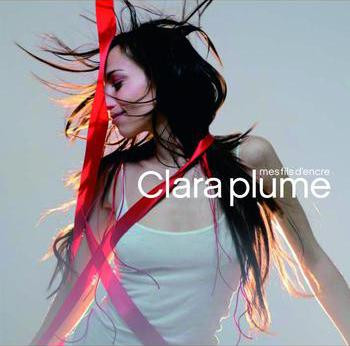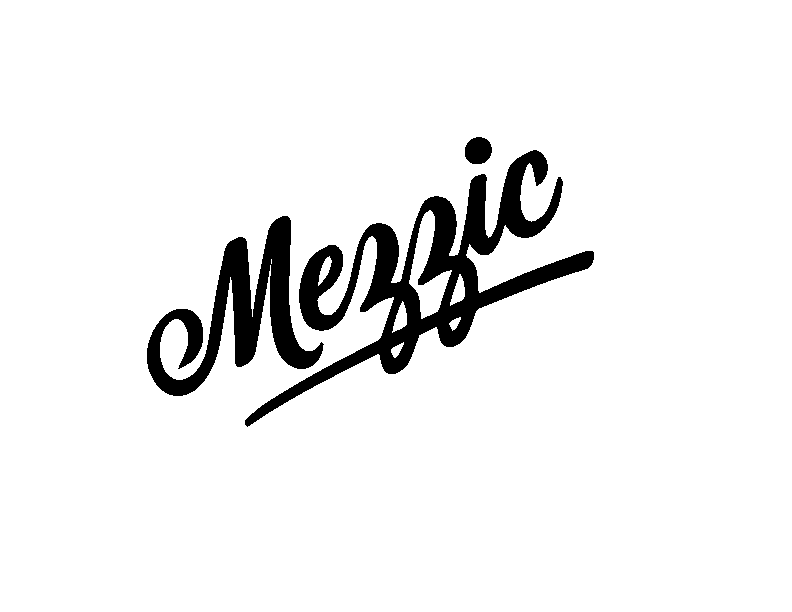
REVIEW: CLARA PLUME – MES FILS D’ENCRE (2010)
Concurrent with Dessa Darling up in the Land of 10,000 Lakes mixing poetry with rhymes, across the ocean you have Clara Plume illuminating the City of Light. The two are quite similar in blending styles around verses, often in a rapid-fire delivery, but while one can get quite visceral, the other basks in the joyful side of wordplay. It helps the name Clara was chosen for clarity and lightness.
Contrary to Dessa, the spotlight found Clara Plume through the fête de la chanson française on the television station France 2, where she won the competition through her single “Les Petits Plaisirs.” Signed to Mercury, as opposed to a DIY collective, the two paths seem to separate at this point aside from styles. Her music takes contemporary pop melodies and juxtaposes them to French slam, which is more a derivative of hip-hop there than it is here. “It’s like a recipe, a good plate of spaghetti with tomato sauce” is how she described it in an interview with Désinvolt. Her first album, Mes fils d’encre, is “not an album that had been extremely reflected upon, but rather very simple.” (Once again, her description from the interview in English.) Quite a departure from the introspective A Badly Broken Code, but how does this turn all out with similar deliveries yet different musical sources?
Immediately L’Homme Texto, with its drifting slide guitar over boisterous horns, breaks Clara not only from the Twin Cities slam poet/rapper but also from contemporary pop singers. Her quickness with words tops very early Lily Allen, as on “LDN,” without the snide sneering of her or Kate Nash, as she sends a verbal barrage against men hiding behind chronic texting. It is not the deepest of tales, but a simple song of urban life. Further down, “Change,” is one of the tipping point samples that drew Clara Plume out of the music artist fog. Slowly starting with a keys akin to a toy train whistle, wispy vocals coax the listener into an accordion lull before her voice awakens and peaks in a punctuated chorus.
“Ne m’demande pas d’être comme un age…qui ne plane pas. Les sentiments marchent pas comme des finances…” are some of the few phrases that grace one of the two slower ballads, “L’Heure de l’Amour” that appear on Mes fils d’encre. Her quicksilver poeticism appears all to briefly following that statement that feelings don’t work like finances. This short outburst-or bubbling-reflects a sort of struggle between the pop and slam that appears once in a while. The two haven’t quite made perfect amends seemingly in this album as it hasn’t in music, yet these rough edges are always apparent in mixing two genres.
Where it does work phenomenally is “Kes-ki-empêche?,” a bobbing, accordion accented song that pulls a reggae vibe into the formula. Clara Plume’s choruses, full of layered pop harmonies, are brief and improve upon her impressive verses. It is balanced and tempered on an album surging both with lightheartedness and random, hidden words and outbursts.
Clara Plume’s debut is a jovial journey and an early marker of pop blending with rhyming previously isolated to slam and hip-hop poetry. Her delivery is undeniable, and with smoothing over her true singing parts she could become a viable force leading the movement in Europe.
Rating: 7.7/10
Founder, Editor, Writer, Photographer. (Austin, Texas)




Post a comment